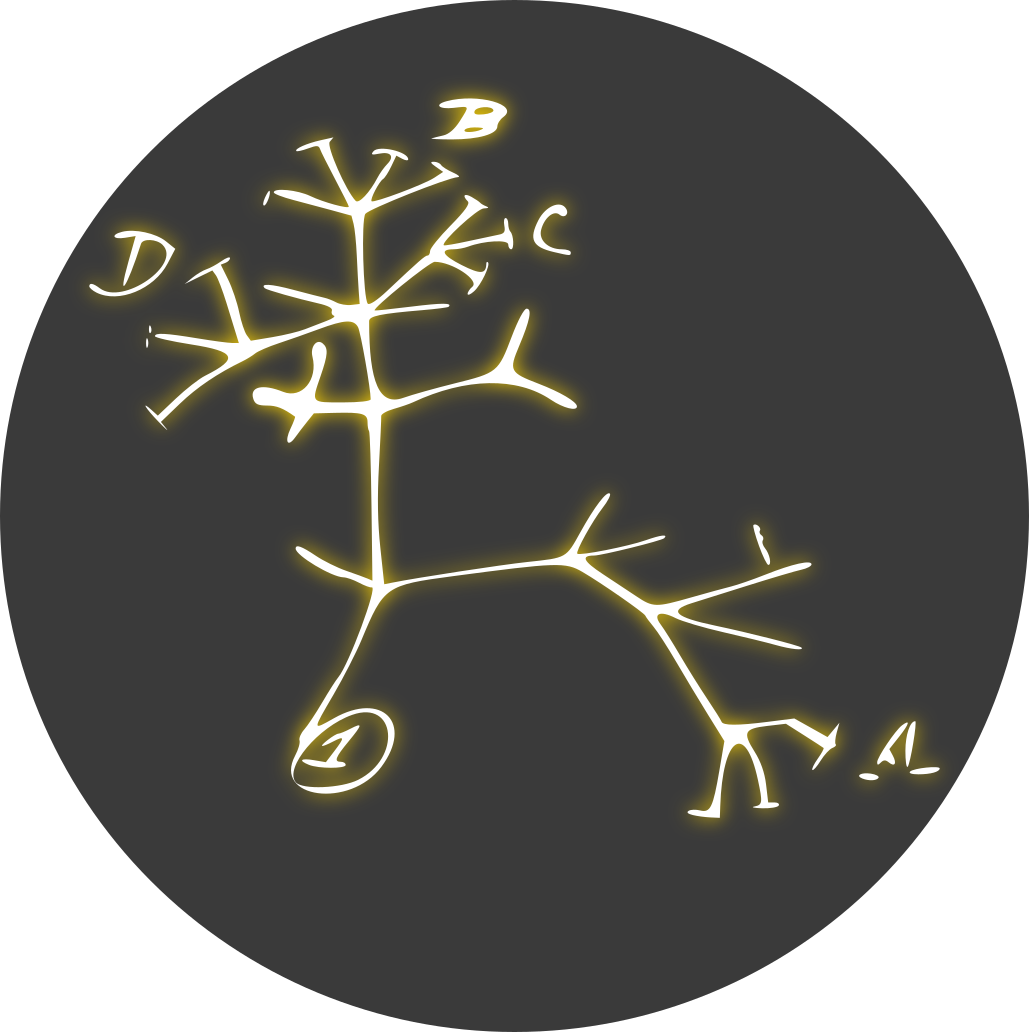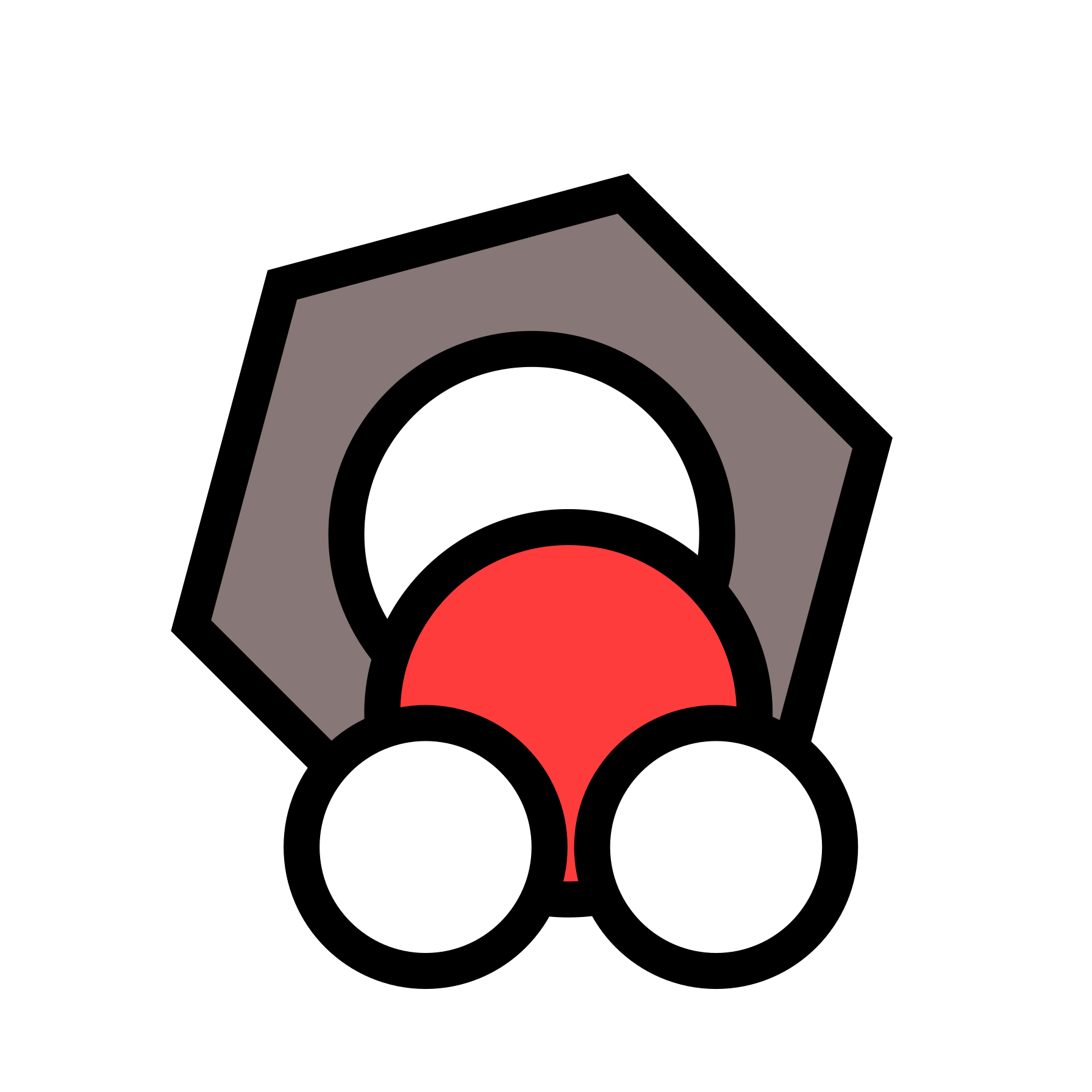Thanks! I had the chance to read a bit.
So far… Engels Principles of Communism says some sensible things to do if the government is trusted (for example, the concept of abolishing private property, inheritance taxes, etc…), but it is also makes some point that I find concerning. Specifically, the combination of the answers provided to “Q16: Will it be possible to bring about the abolition of private property by peaceful means?” and “Q24: How do communists differ from socialists?” concern me because Q16 suggests violence as a method and Q24 significantly broadens the scope of who is an enemy of the revolution, while still keeping it ambiguous. A call for violent revolution + ambiguity of who is the enemy is a dangerous recipe because it leaves a lot of room for “interpretation” and “nuance” that will probably lead to disagreement between violent factions.
I think of this mixture of call for violence + an ambiguous enemy in the context of what I see sometimes being posted to social media, including Lemmy. I have seen calls for violence against “owners” that often extends to small business owners and landlords, usually without distinguishing between a commercial entity as a ‘landlord’ and a grandma renting out a room. Sometimes I think this is just a figure of speech but sometimes I doubt and consider that these might be actual calls to action. So, then, when I see such a broad brush being used to paint the ‘enemy’ I get the impression that pretty much anyone benefiting in some way from these systems is an enemy if they do not immediately understand and fully embrace the revolution. A revolution, then, seems to ask the revolutionary to be violent against friends and families if living in a developed country. I find it difficult to imagine that a majority within a population would want to go through this process if they fully understand the implication. When a Engles writes about “the majority of the people”, does this count every individual in the population, or only those who are friendly to the revolution?
As I continue I am curios of whether I will find find some robust method to distinguish between the ‘proletariat’ and the ‘petty-bourgeois’, and to find out whether I will keep my head during the revolution. It would be nice to find some ideas on how to achieve the goals without violence. I have also seen that many more modern philosophies are built on top of Marxism-Leninism (like Degrowth), so in any case I am certain I will get a lot of value out of this topic.
I also found that you are running a book club on Das Kapital, I will try to catch up.
Do you know of a community where I can ask questions about this topic?

























Yes, it does, very much so. Thanks a lot!
It is good to hear. For what it’s worth, I just went through a bit of an exercise for Cuba trying to look for examples of the types of violence that they committed and also looked into some of the other groups that I associate with the concept of a “violent revolution” (ETA in Spain, IRA in Ireland, different groups in Yugoslavia). What I found is:
The groups that I associate with terrorism tactics are nationalistic, not fighting for socialism (at least not as a main goal).
The Cuban revolutionaries used guerrilla tactics that, from what I can find, did not use terrorism as a tool. Their enemies, including CIA-backed groups, did.
So, that’s points in favor to Cuba.
Good to know! Before the 2016 US election I would rarely choose the literal interpretation when reading statements like this online. When Trump was elected and I realized that people online were not actually being sarcastic and making jokes, I began to take online statements more seriously and literally. I still think there is a high probability that some people who write about violence online mean it literally. That doesn’t necessarily reflect on Marxist-Leninists though, many ideologies/religions can be pushed to extremism, and it is not entirely fair to ask everyone not to use figurative language online.
I am half way through Wage Labor and Capital now. It is very interesting, I think that I will like Marx’s Das Kaptial because I do like dense/analytical. I already have several questions but I will first read more and then see if I can get some help in the communities you mentioned.